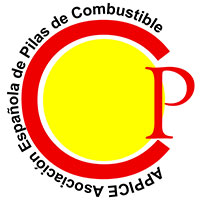
Volkswagen and Stanford University, in the United States (USA) have managed to reduce «significantly» the cost of producing fuel cells by reducing the use of platinum, which is necessary for the development of this technology. As explained by the German manufacturer, platinum is required as a catalyst to develop the fuel cell. The metal is distributed as coal dust particles. However, the desired catalytic process only takes place on the surface of the platinum particles, which wastes large amounts of the metal. Now, the company based in Wolfsburg (Germany) and the American University have developed a process in which platinum atoms are specifically placed on a carbon surface in order to produce «extremely» thin particles, which reduces the amount necessary platinum and increases the effectiveness of the catalyst.
